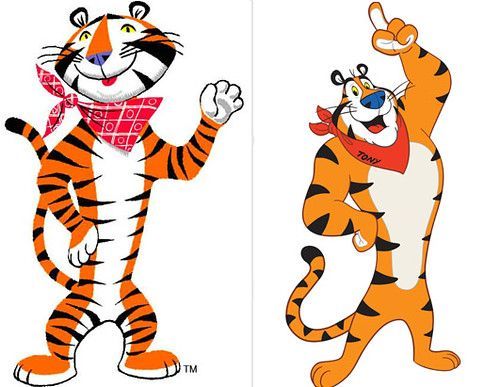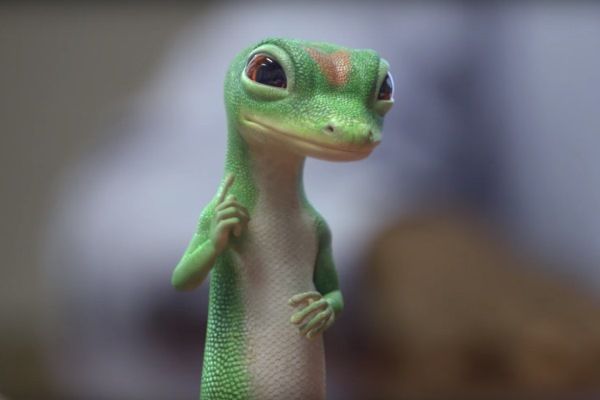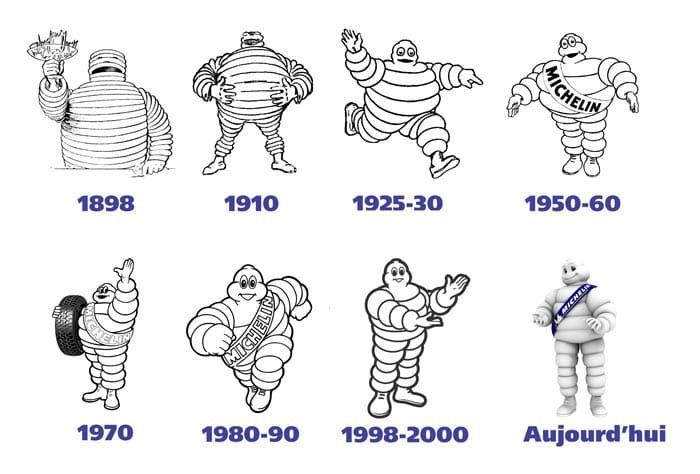The Most Iconic Brand Mascots
Filed under:
creating Brand identity
Famous Examples of Iconic Brand Mascots
Ok, who doesn't love a cleverly used mascot for ultimate
brand recognition? Brand mascots can play a big role in shaping a brand’s identity and connecting with consumers on a personal level. They go beyond mere characters by embodying the essence of a brand, making it more relatable and memorable.
Let’s get into the stories behind some of the most iconic brand mascots and explore their lasting impact.
The Michelin Man
Introduced in 1898, the Michelin Man, also known as Bibendum, has stood the test of time as one of the oldest and most recognizable brand mascots. Created by French artist Marius Rossillon, Bibendum was originally designed to represent a stack of tires. His jolly, humanoid figure made of tires symbolizes Michelin's commitment to quality and durability in the automotive industry. Over the decades, the Michelin Man has evolved while maintaining his distinctive appearance, becoming an enduring symbol of trust and reliability for Michelin.

Tony the Tiger
Since his debut in 1952, Tony the Tiger has become synonymous with Kellogg's Frosted Flakes cereal. Created by Leo Burnett's ad agency, Tony was envisioned as a friendly, energetic mascot who exudes positivity and enthusiasm. His iconic catchphrase, "They're grrreat!" instantly resonated with consumers, making him a beloved character across generations. Tony not only enhances brand recognition but also fosters strong brand loyalty by embodying the values of energy, fun, and satisfaction associated with Frosted Flakes.

The Geico Gecko
Introduced in 1999 as part of a Geico advertising campaign, the Geico Gecko quickly became one of the most recognizable mascots in the insurance industry. Created by the Martin Agency, the Geico Gecko was originally conceived to convey the message that Geico offers straightforward and accessible insurance solutions. His witty and charming persona, coupled with his distinctive British accent, helped humanize the brand and make insurance more approachable for consumers. The Geico Gecko continues to play a pivotal role in Geico’s marketing efforts, enhancing brand visibility and consumer engagement.
Brand mascots serve as powerful tools for building brand recognition and fostering consumer loyalty. By personifying a brand’s values and personality traits in a relatable and engaging character, mascots create lasting impressions that resonate with consumers.
Published :
Craving more?
WE LOVE THAT.




